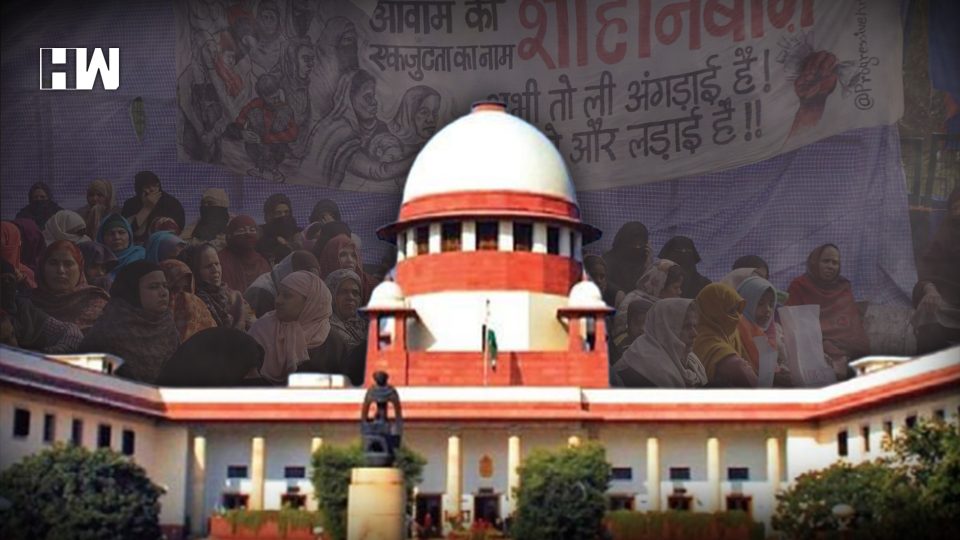The top court, in its October 2020 verdict, had observed that “dissent and democracy go hand in hand”, stressing that “protests like these are not acceptable”.
The apex court, dismissing a review petition on the anti-citizenship law protests held in Delhi’s Shaheen Bagh in 2019, said in an order that the right to protest and express dissent comes with certain duties and cannot be held “anytime and everywhere”.
The Supreme Court, last year, had termed the anti-citizenship law protests held at Shaheen Bagh to be illegal. Twelve activists had filed a review petition on the ruling given by the top court.
The three-judge bench of Justices SK Kaul, Aniruddha Bose and Krishna Murari, while dismissing the petition, said: “The right to protest cannot be anytime and everywhere. There may be some spontaneous protests but in case of prolonged dissent or protest, there cannot be continued occupation of public place affecting rights of others.”
Public places cannot be occupied for protests and that public protests must be “in designated areas alone”, the three-judge bench reiterated.
The top court, in its October 2020 verdict, had observed that “dissent and democracy go hand in hand”, stressing that “protests like these are not acceptable”.
Shaheen Bagh in Delhi had emerged as an epicentre of the anti-CAA protests in late 2019 where the protesters- mostly women and children – sat for more than three months.
The protest site in the national capital had received global recognition, with the Time Magazine honouring 82-year-old Bilkis dadi, the face of the movement, as one of the 100 “most influential people of 2020”.
As an independent media platform, we do not take advertisements from governments and corporate houses. It is you, our readers, who have supported us on our journey to do honest and unbiased journalism. Please contribute, so that we can continue to do the same in future.

